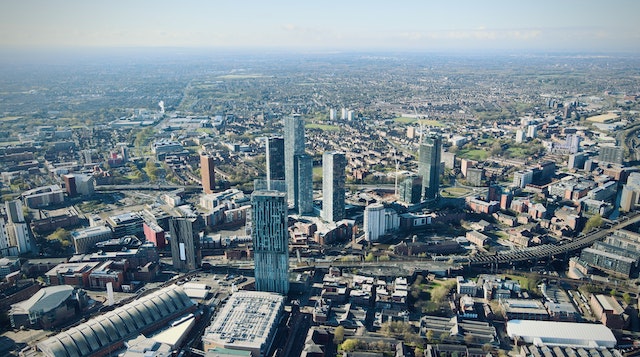
The commercial real estate landscape in the UK has been experiencing an intriguing trend over the past few years: the gradual shortening of office leases. This shift is not an isolated occurrence; rather, it signifies a comprehensive transformation that is reshaping the way businesses, landlords, and real estate professionals approach property leasing. It also comes with a unique set of implications and opportunities that are affecting various stakeholders involved in the leasing process.
The phenomenon of shortening office leases cannot be viewed in isolation. It is the culmination of a series of interconnected factors and pressures that are converging to redefine the commercial real estate market in the UK. The trend transcends geographical boundaries, encompassing major cities like London, Manchester, Birmingham, and extending into the suburban and rural areas. It reflects an evolution of attitudes and practices in commercial real estate that has been shaped by both macroeconomic forces and nuanced, industry-specific dynamics.
At its core, the shortening of office leases represents a departure from traditional long-term commitments that once characterised the commercial real estate market. These multi-year leases were often seen as stable and secure, forming the backbone of many property portfolios. However, the shifting economic climate, technological advancements, changes in work culture, and growing emphasis on flexibility have challenged this once-established norm.











